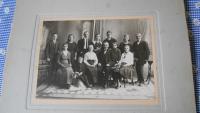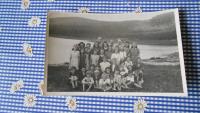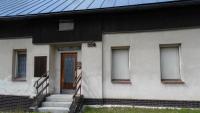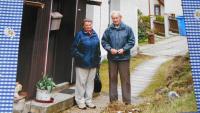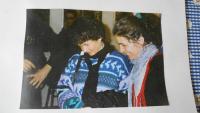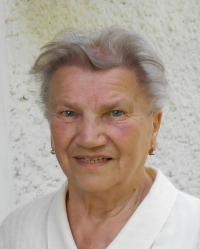When people treat one another like humans, then it does not matter what nationality they are
Hana Šebková, née Dlouhá, was born on May 15, 1931 in Tanvald into the family of Ota and Olga Dlouhý. Her father worked as a shoemaker. She had brother Jiří, who was three years older. When the Sudetenland territory was annexed to Germany in autumn 1938, Germans closed down Czech schools in Tanvald and the parents thus sent Hana and her brother Jiří to stay with family friends in the country’s interior. Half a year later, when a one-class Czech school opened in Tanvald, the children returned to their parents. Hana remembers the coexistence of Czechs, Sudeten Germans and Reich Germans during the war as well as the fates of individual neighbours. Ethnically motivated hatred nearly cost Hana her life when a boy from Hitlerjugend attempted to drown her. When he was fourteen years old, Hana’s brother was drafted to do forced labour, but his father refused and he was to go to prison for that. Thanks to an intervention of his German colleagues - shoemakers - this eventually did not happen. The family Dlouhý did not harbour any prejudice and they made a distinction between Germans and Nazis. However, when Hana’s mother witnessed a death march of people from a concentration camp in 1945, she suffered a nervous breakdown and for some time she gave in to hatred against Germans. Hana married and her daughter Hana was born in 1952. Hana Jr. later became a successful linguist, translator, pedagogue and an expert in Roma studies.

